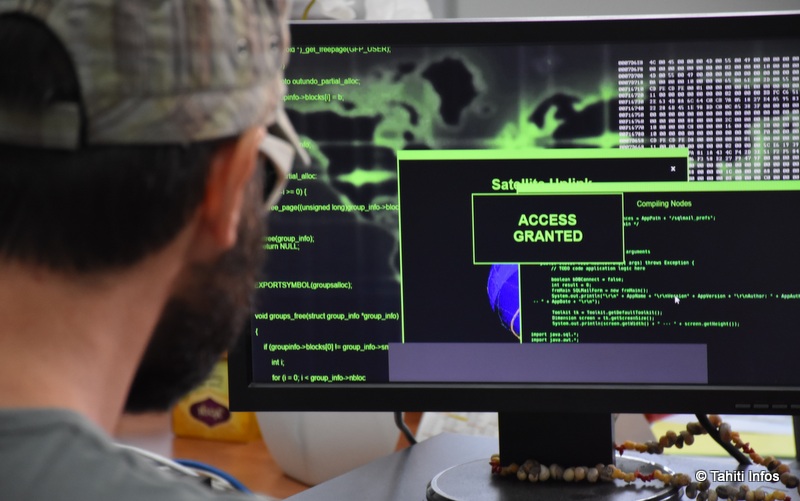
What can we learn from this weekend's Polynesian company cyberattack?
Coronavirus and telework are two realities that are still difficult to grasp.
The first having boosted the second, we find ourselves in a situation where the problem is not only because of biological virus. Computer viruses have become involved, making it even more difficult to manage this health crisis.
This article will also interest you: Protecting telecommuting: What security rules should be applied to secure your business?
If the computer attack suffered by the Polynesian company is considered to be of a "rare level of danger", they have remained to me no less than "What is certain is that it happened while a user was teleworking. ». As Thierry Chang Sang, the managing director of CS Consulting, Thierry Chang Sang explained. One more victim for coronavirus can be said.
"Criminals have used the Covid-19 crisis to carry out social engineering attacks, i.e. (sending) phishing emails via spam campaigns and more targeted attempts such as commercial email compromise (BEC)" highlighted the European Security Agency's report. To show that this health crisis and a boon that will be exploited as much as possible by cyber criminals.
And there's no shortage of strategies for that. Europol had also shown that more vigilance was needed, as an exceptional increase in online crime on the basis of coronavirus was to be observed. The most vulnerable are teleworkers who are most often forced to work remotely, but do not always have a means to secure their connection to the network. "That's for sure. In general, both the user and the remote computer are often seen as weak links in the security of an information system. (…) Now, for the curative, to compensate precisely for this type of attack, it is recommended to have unconnected backups. And we are well placed to know that many local businesses do not. Thierry Chang Sang noted.
The problem with telework is that individuals who are involved in this kind of situation are partly in conditions that do not allow them to provide minimal computer security. Indeed, the majority of teleworkers most often use personal devices, computers, tablets and smartphones that are already used for personal purposes, and therefore are not sufficiently protected to perform a function and be able to process confidential data. Moreover, these personal tools have been constantly or likely to be exposed to unreliable websites, so may or may have been infected with malware.
Moreover, as was the case for the Polynesian company, the attacks that companies are most exposed to in this period are those carried out with ransomware. That's why he asked to redouble his efforts and have good digital hygiene. "To compensate precisely for this type of attack, it is recommended to have unconnected backups. And we are well placed to know that many local businesses do not. Thierry Chang Sang advises.
Now access an unlimited number of passwords!